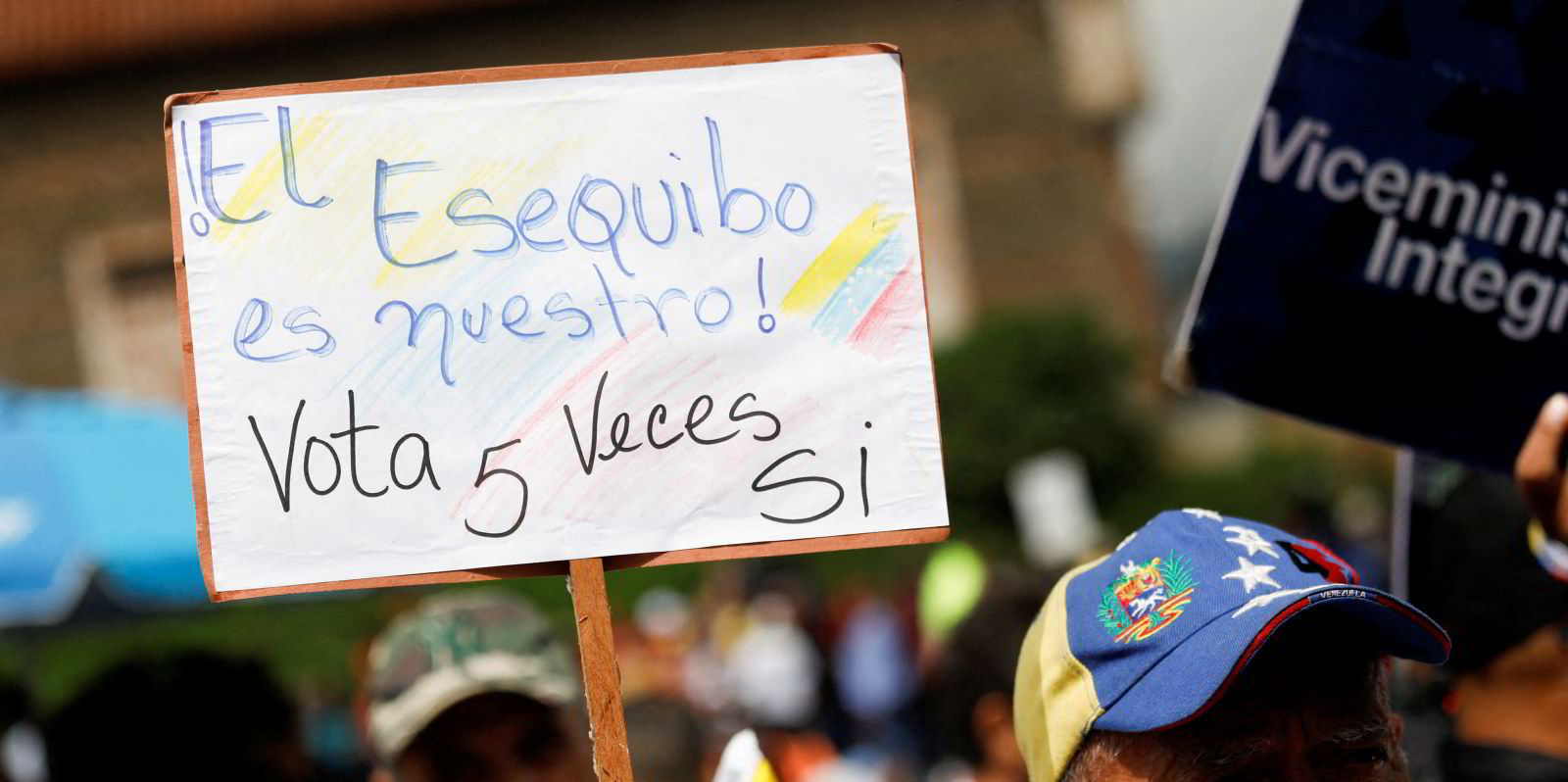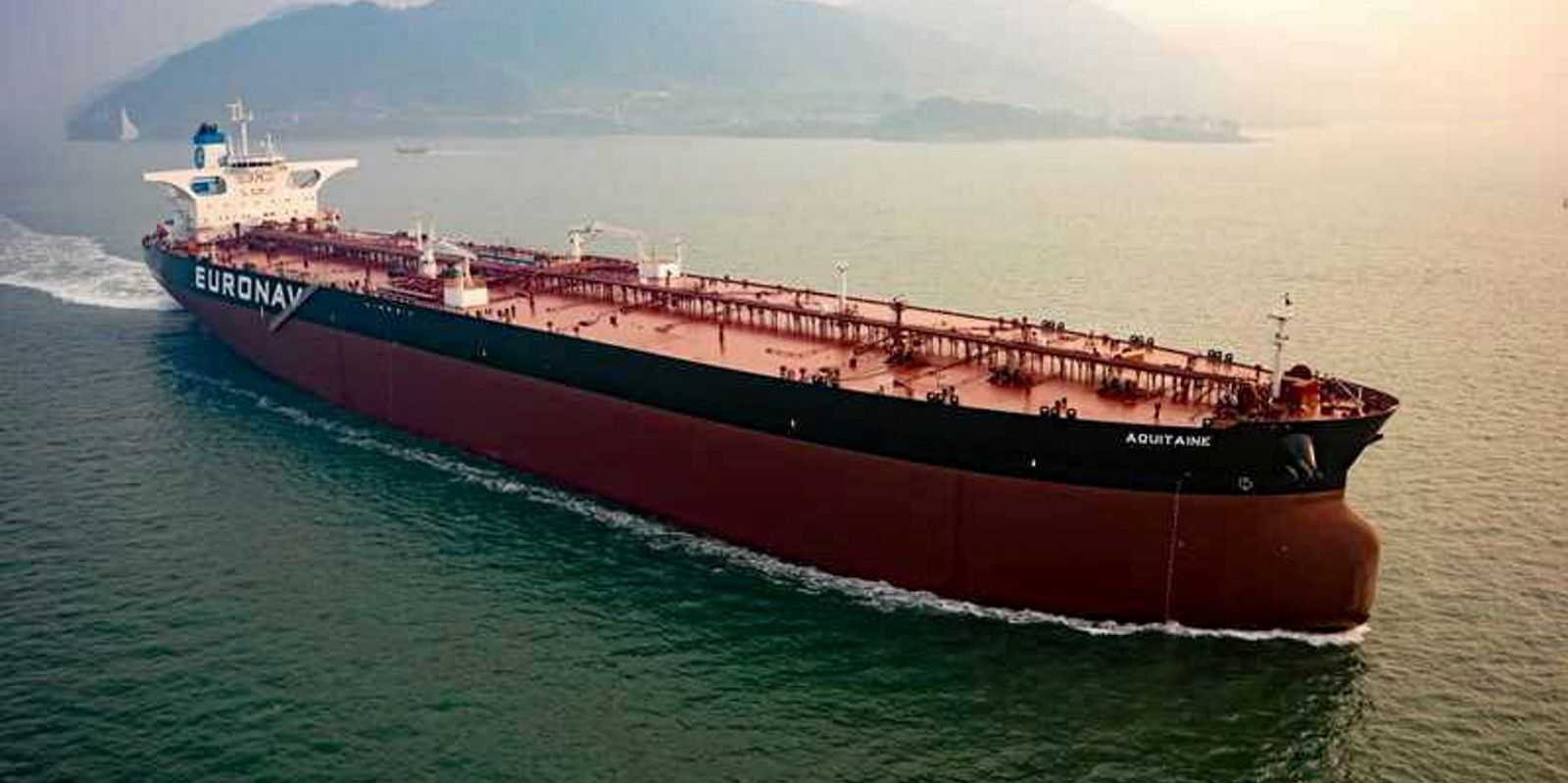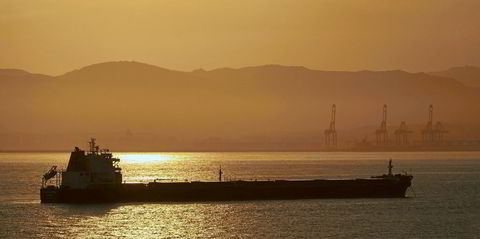Tanker players are not yet too worried about rising tensions between oil-producing neighbours Venezuela and Guyana.
Venezuela’s President Nicolas Maduro has raised the stakes in a border dispute over the oil-rich Essequibo region of Guyana following what he claimed was a big mandate to seize the territory in a national referendum last weekend.
The Financial Times reported that Maduro has ordered state companies to exploit contested oil and mineral deposits and redraw official maps.
There are fears of military action over Essequibo, but shipping industry sources believe this would be too risky.
One tanker broking source told TradeWinds: “My personal opinion is that the US is not going to allow any move from Venezuela concerning Guyana; there is so much American interest there.”
US oil majors ExxonMobil and Chevron have extensive production interests in Guyana.
Any action by Venezuela could also jeopardise the easing of US sanctions on its oil industry.
“In terms of sanctions-tightening, I tend to think that the US is interested in letting Venezuela’s oil flow, thinking of next year’s election, but I have no idea how far Maduro is willing to force the situation,” the broker added.
State oil company Petroleos de Venezuela SA is reported to be in advanced talks with European producers Eni and Repsol to renew oil contracts and boost exports.
“So it wouldn’t make much sense to start a direct conflict with the US, but who knows?” the broker said.
The US has said it would conduct flight operations within Guyana amid the tension, the Guardian reported.
White House national security spokesperson John Kirby told reporters this week: “We absolutely stand by our unwavering support for Guyana’s sovereignty.”
Evan Ellis, professor of Latin American studies at the US Army War College, told the Financial Times: “My sense is that it’s probably a bluff.
“It’s probably an initiative by Maduro to distract attention from the presidential election and US pressure for democratic reform.”
Production a key part of supply picture
Tanker owners such as Frontline believe production from countries like Guyana will help offset Opec+ crude cuts next year.
In October, Chevron gained a foothold in the oil-rich country with a $53bn deal to take over producer Hess Corp.
The big tanker charterer announced an all-stock deal two weeks after ExxonMobil also bet massively on fossil fuels with the takeover of shale group Pioneer Natural Resources for $59.5bn.
TradeWinds has reported that about half of Guyana’s oil exports headed to Europe over the first eight months of 2022 to replace Russian crude.
Guyana was expected to earn more than $1bn from oil exports in 2022, three years after it became a producer.
“Guyana is one of the main sources of incremental crude tanker demand … with both suezmaxes and VLCCs benefiting from the appetite for Guyanese crude in Asia,” French shipbroker BRS said earlier this year.






